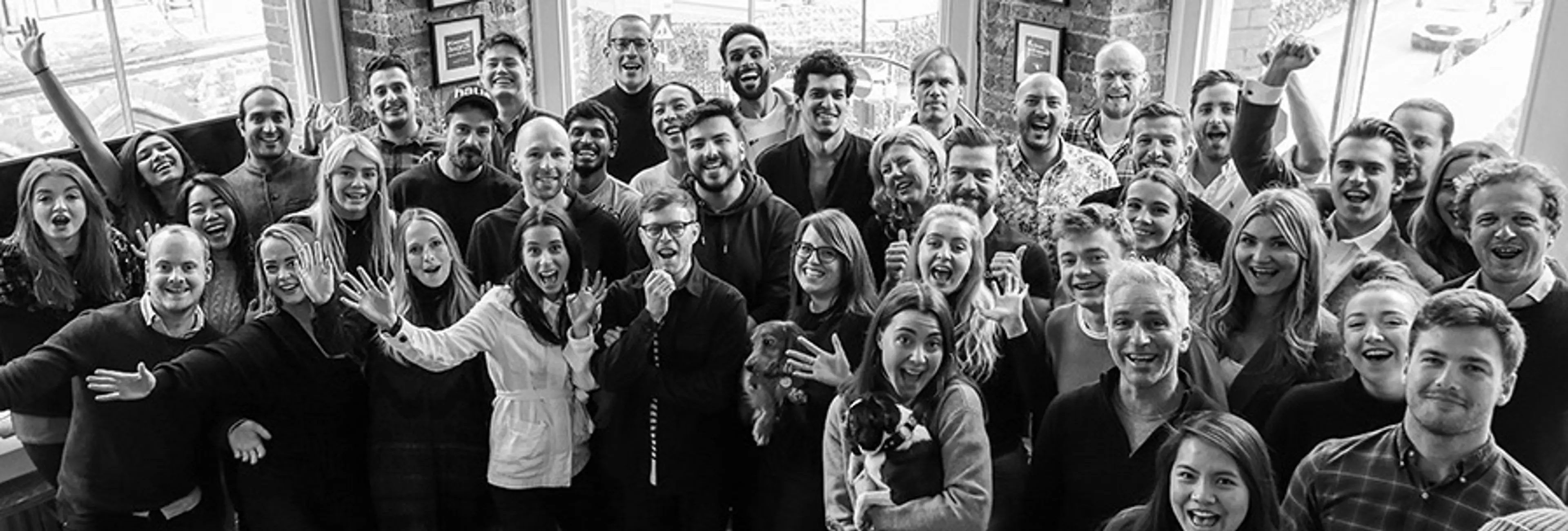
Retail & Luxury Goods
1 Feb 2019
7 Min Read
A Conversation with Klarna's Dan Spencer
How Klarna is disrupting the financial industry with innovative advertising, a strategic partnership with Snoop Dogg & grand plans for in-store activations...
Retail & Luxury Goods



